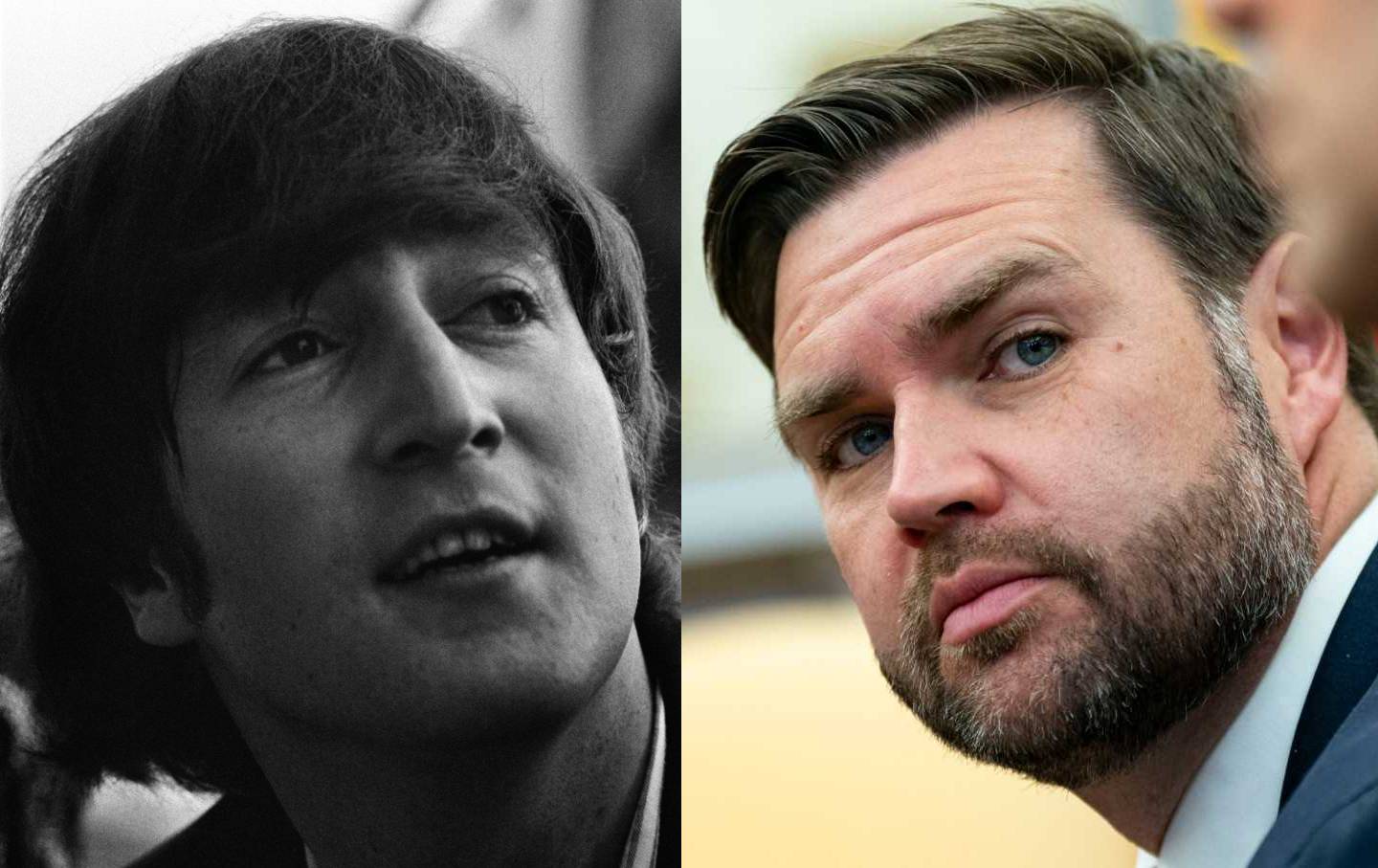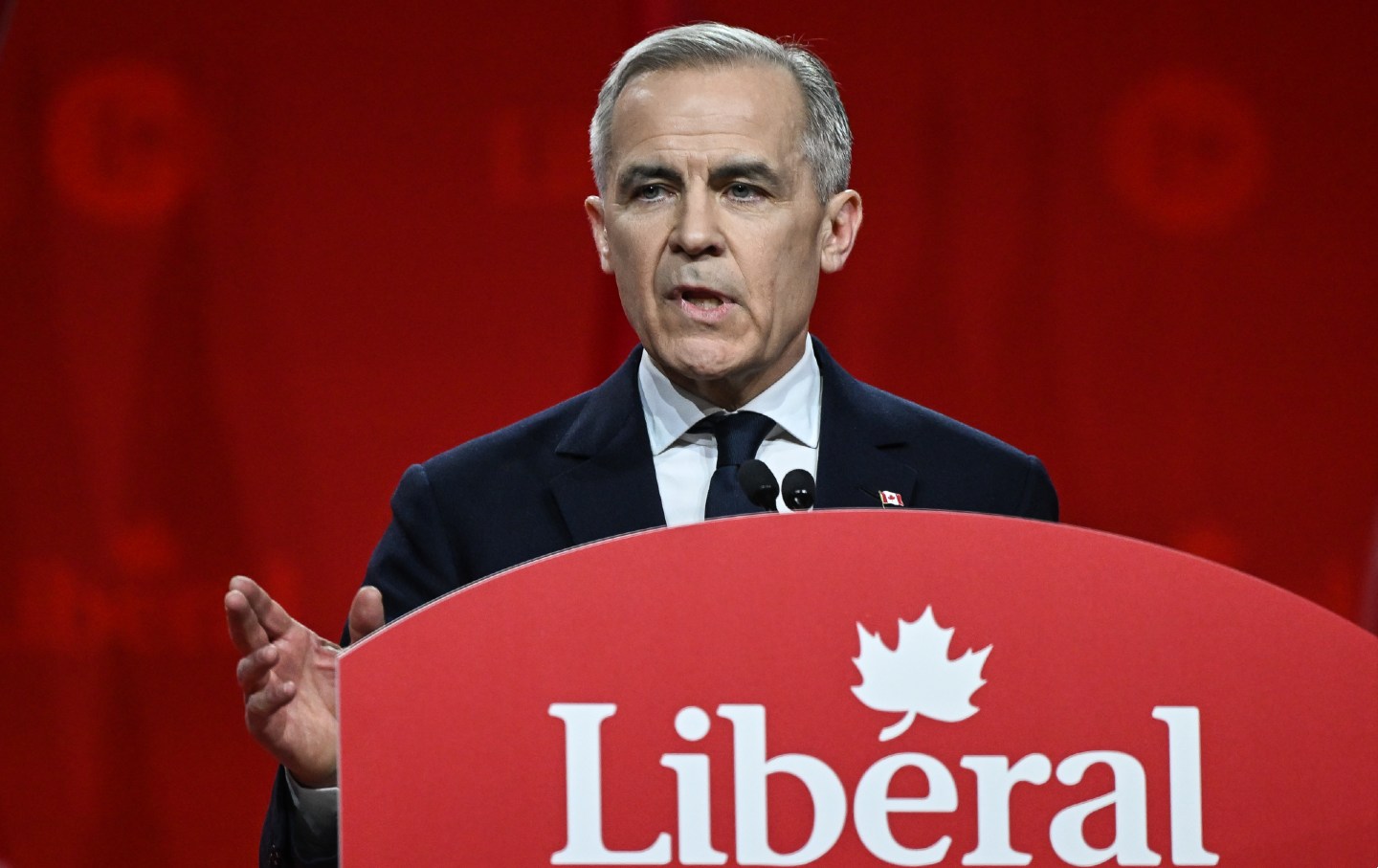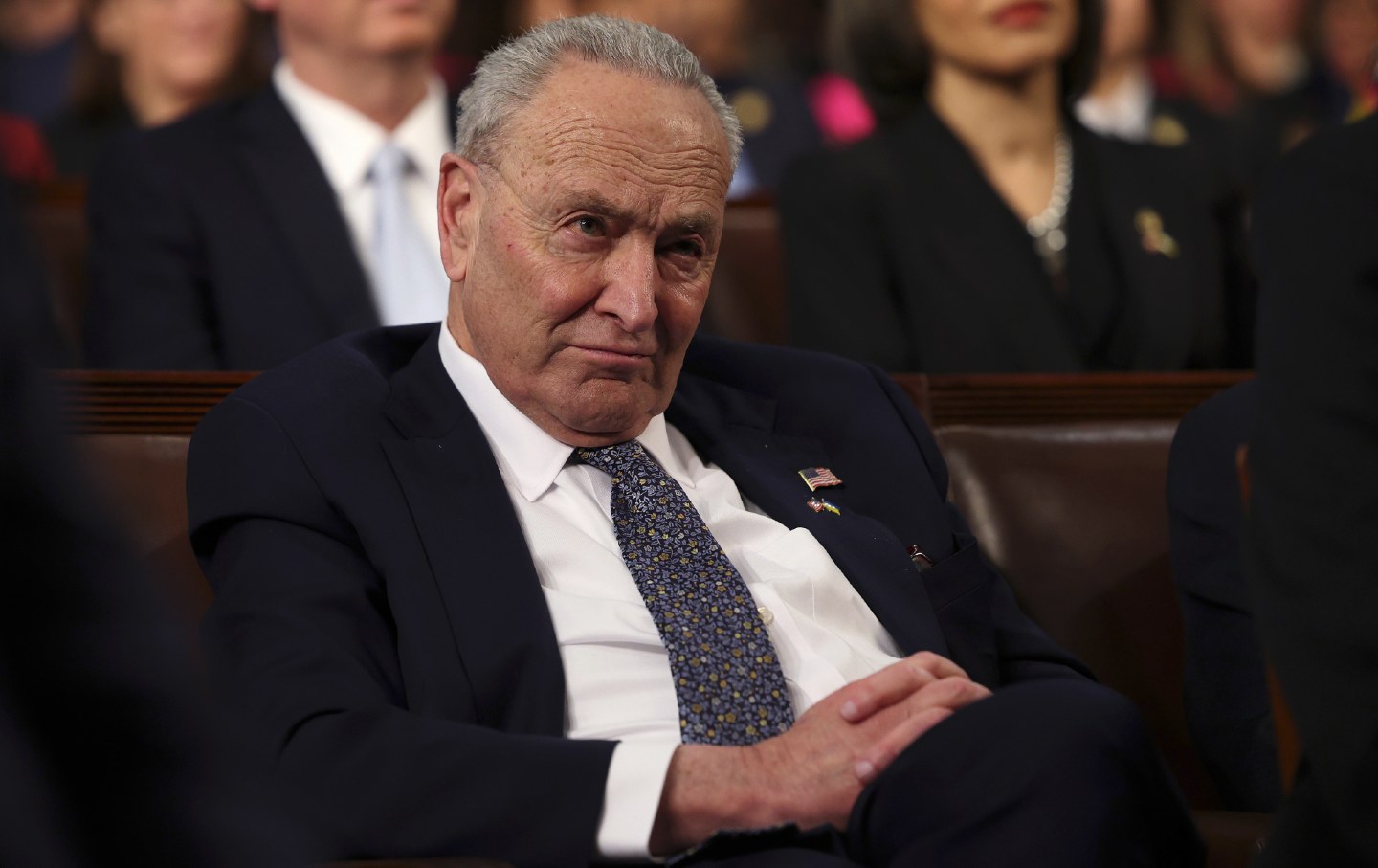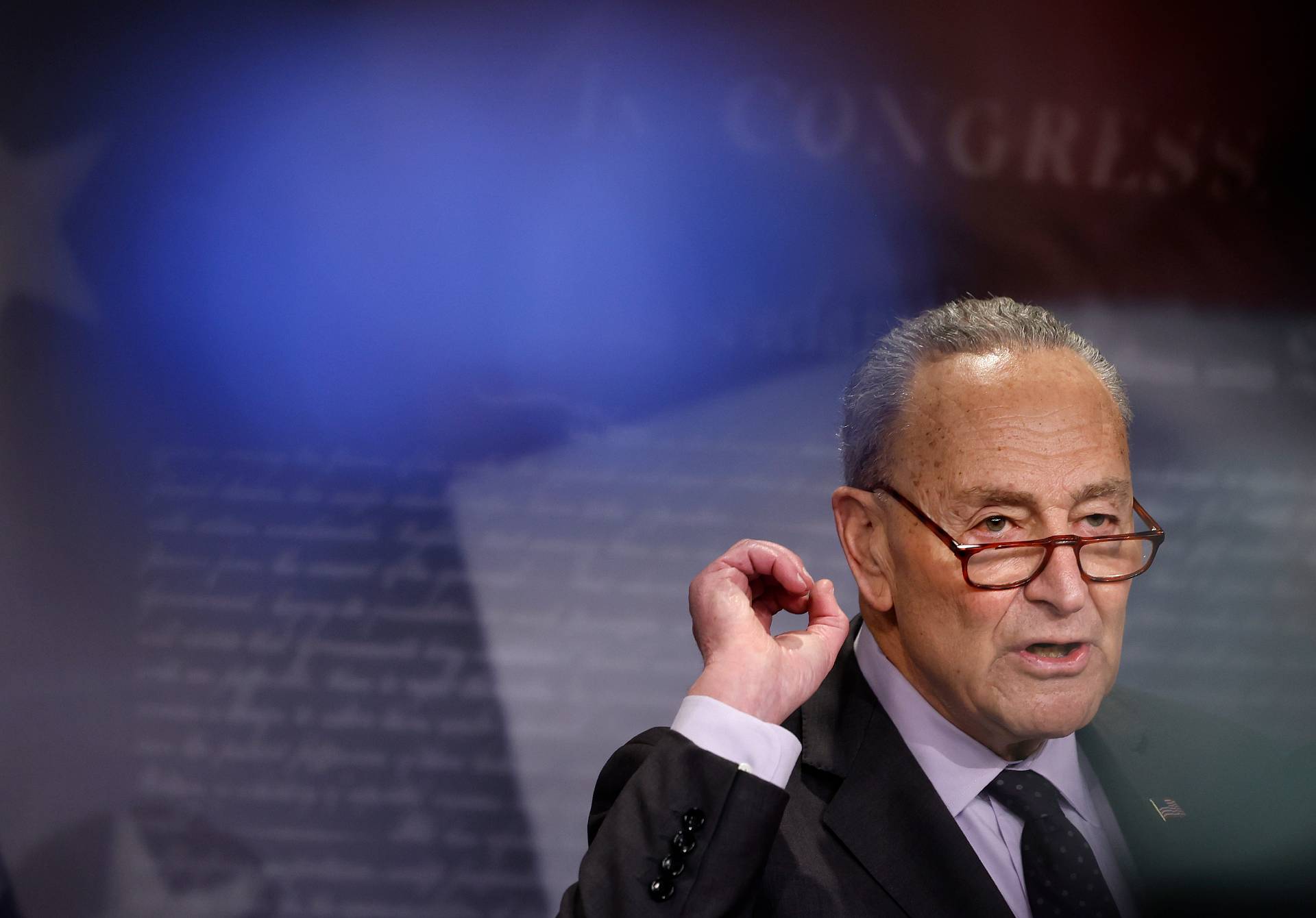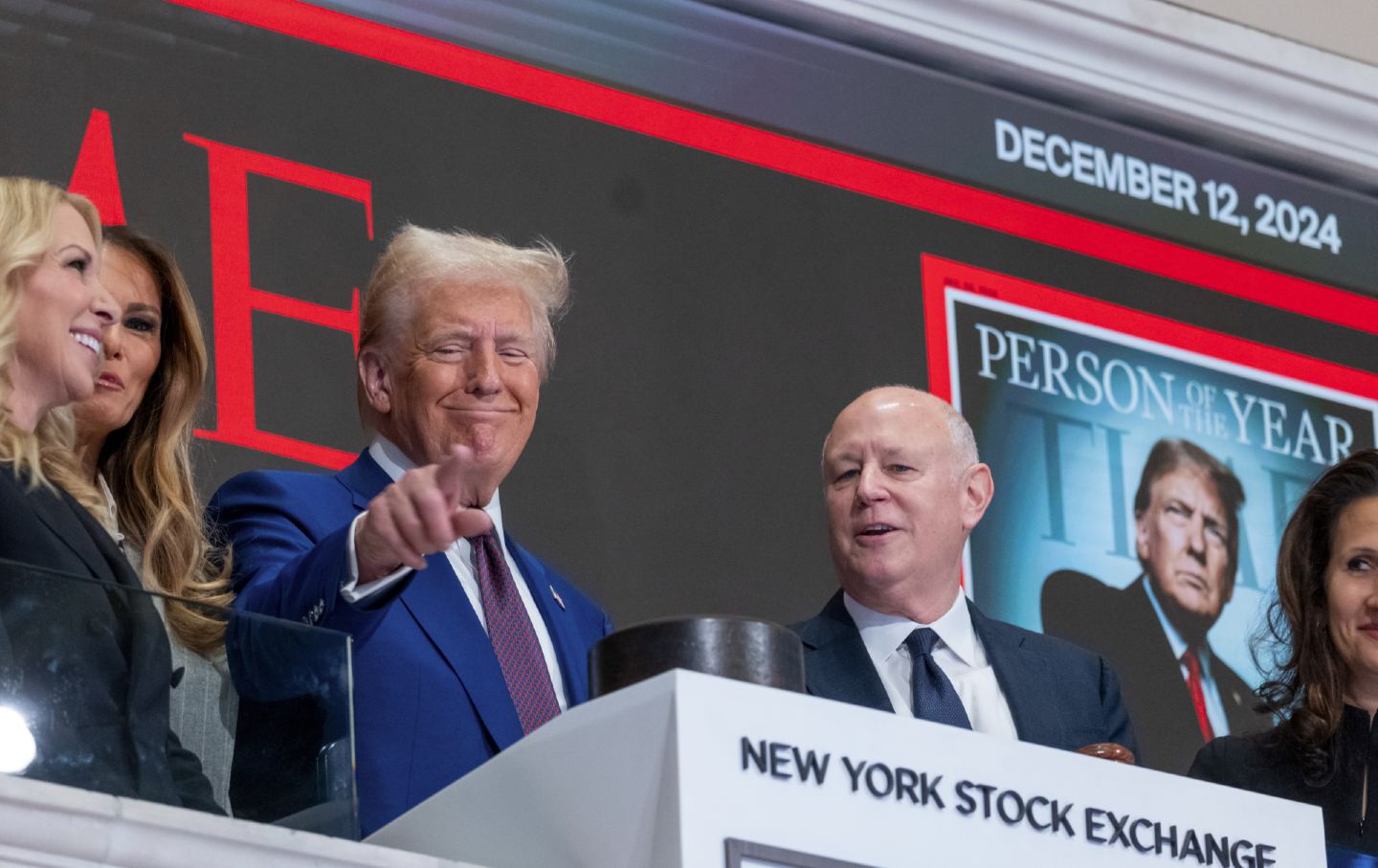O.J. Simpson Proved That With Enough Money You Can Get Away With Murder
O.J. Simpson Proved That With Enough Money You Can Get Away With Murder
The accused killer won and lost in court depending on his bank account.
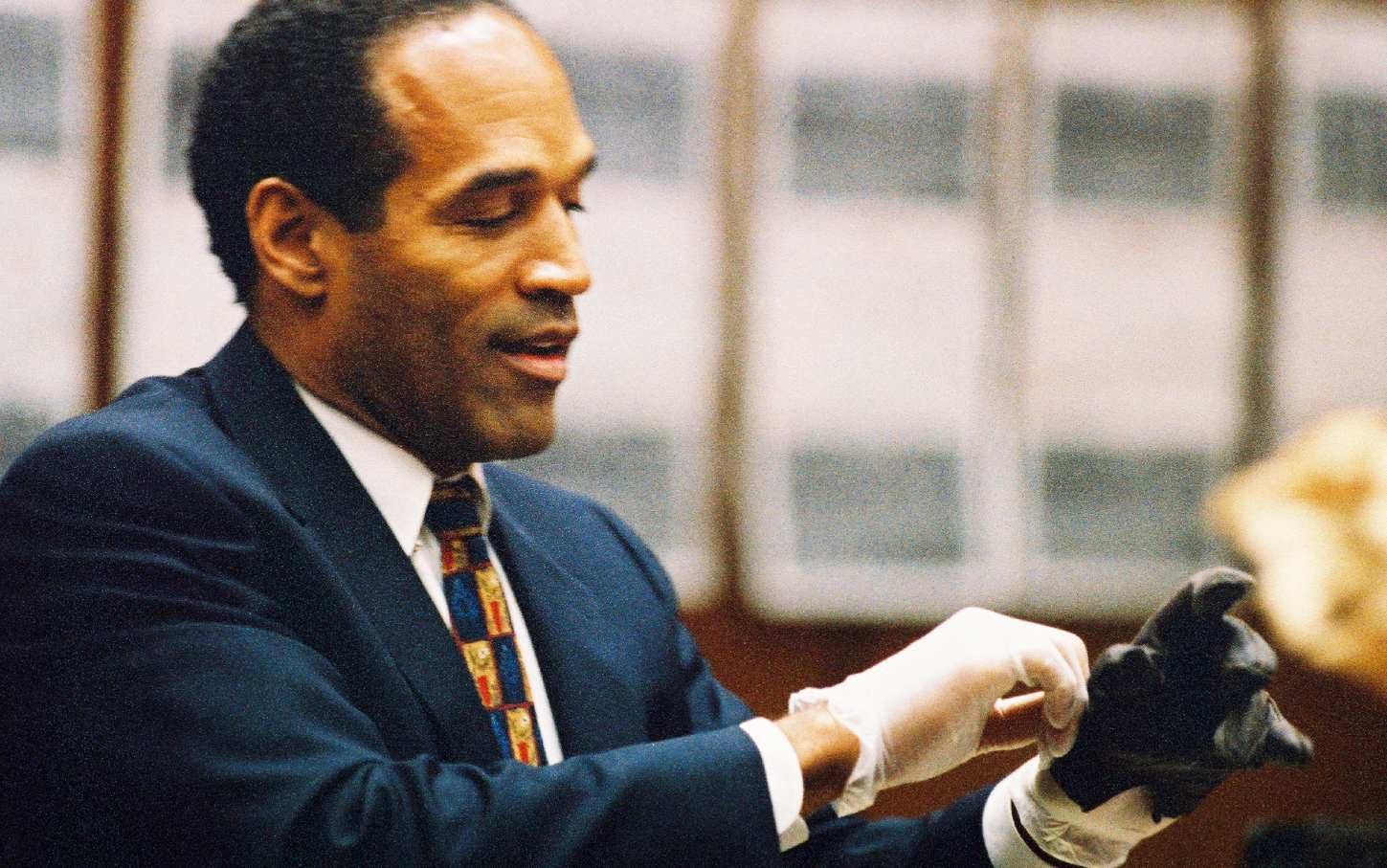
After serving nine years in a Nevada prison on a dozen charges that included kidnapping and armed robbery, O.J. Simpson spent the last seven years living at the Rhodes Ranch Golf Club in Las Vegas as the guest of the country club’s well-heeled owner, James Barnett, who was a close friend of the football star. After a long and tumultuous life marked by repeated dramatic reversals of fortune, Simpson ended up enjoying his version of the good life, playing golf all day in the ultimate gated community with his wealthy white friends—who enjoyed basking in Simpson’s celebrity while ignoring the overwhelming likelihood that in 1994 he murdered his former wife, Nicole Brown Simpson, and her friend Ronald Goldman.
Simpson was acquitted of these murders in 1995 in a celebrated criminal case thanks to a legal defense that rested on establishing reasonable doubt because of demonstrable police misconduct, including racism. In that case he was represented by a very expensive “Dream Team” of high-powered attorneys, including Johnnie Cochran Jr., F. Lee Bailey, Alan Dershowitz, Barry Scheck, and Robert Shapiro.
But two years later Simpson was found guilty of the same murders in a civil suit brought by the Brown and Goldman families—a verdict based in large part on the lower standards of proof required in civil cases. Simpson finally suffered an adverse judgement in a criminal case in 2008—for breaking into a Los Vegas hotel room the previous year, an incident in which Simpson claimed he was recovering sports memorabilia that belonged him.
The O.J. Simpson saga is usually presented as a morality tale about racism in America. Indeed, the football star’s New York Times obituary made racism its central theme and had a sub-headline reading: “His trial for the murder of his former wife and her friend became an inflection point on race in America.” There is no denying that the trial polarized American public opinion along racial lines. Despite strong forensic evidence for Simpson’s guilt, the jury’s decision to acquit was justifiable given the documented racism of police officer Mark Fuhrman, a lead investigator, which allowed Simpson’s defense to raise reasonable grounds for distrusting the prosecution’s case.
But race isn’t the only important prism for understanding Simpson’s life. As legal scholar Crystal Weston cogently argued in a 1995 article for the Hastings Women’s Law Journal, gender and class are also central to understanding the murder trial. Weston rightly notes that while Simpson “may be Black, a least-favored status in this nation…he is also rich, famous and male, three most-favored-statuses from which he benefits greatly.” O.J. Simpson was enormously wealthy in 1995, thanks to not just his football career but also his post-sports role as the star of both advertising campaigns (being the public face of Hertz rental cars for many years) and movies (such as the Naked Gun franchise) whose earnings made him a multimillionaire.
“Race legitimately belonged in an analysis of the trial because of Fuhrman,” Weston concluded, “but race was allowed to dominate the trial analysis before the appearance of Fuhrman because this culture does not take misogynist violence seriously. Our society uses race as a smoke-screen to derail legitimate analysis based on gender and class.”
With considerable justice, Weston insists that the case was powerfully shaped by misogyny. Simpson had a long history of violence against Nicole Brown Simpson both during and after their marriage. She repeatedly called the police to report Simpson’s violence. As The New York Times notes,
The abuse left Nicole Simpson bruised and terrified on scores of occasions, but the police rarely took substantive action. After one call to the police on New Year’s Day, 1989, officers found her badly beaten and half-naked, hiding in the bushes outside their home. “He’s going to kill me!” she sobbed. Mr. Simpson was arrested and convicted of spousal abuse but was let off with a fine and probation.
Weston emphasizes that the police’s indulgence toward Simpson was a case where his status as a wealthy man—and a celebrity to boot—overrode all other considerations. Wealth played a similar role in his arrest: If he had been a poor black man, would he have been allowed to surrender after a slow 60-mile car chase?
The same kid-glove treatment continued after Simpson’s arrest, Weston points out:
Once he was caught…O.J.’s wealth and fame ensured that he was not charged with resisting arrest. Most importantly, his wealth allowed him to purchase the best legal defense that money could buy: the “Dream Team.” Certainly, O.J.’s wealth and celebrity status have brought him significantly more favorable treatment than that afforded most people.
The journalist Robert Scheer had a similar analysis in a 1995 op-ed for the Los Angeles Times, writing, “Blacks don’t have power; rich people do, and O.J. Simpson is one of the few who managed to cross that line. Being able to afford an army of top evidence experts is what made the difference in this case.”
If O.J. Simpson benefited from rich man’s justice in 1995, his subsequent trials showed him that even being moderately well-off was not as good as being fantastically rich. He still made $400,000 a year from his pension and Screen Actors Guild residuals—but that wasn’t enough to help him in his second bout of legal peril. The expense of paying for his “Dream Team” lawyers took a big bite out of his wealth, so his legal team in the civil suit wasn’t of the same caliber. By the time he faced criminal trial again in 2008, his finances were in an even more straitened state thanks to losing the civil suit. Lacking funds, Simpson experienced the full force of the law when it goes after someone who is not fabulously rich. The result was a nine-year stint in prison.
Simpson’s entire life is a parable of the power of money in America. He grew up poor and by dint of athletic prowess entered the realm of the super-rich. His fortune saved him from a murder conviction, although diminishing wealth made him legally vulnerable. But in the end, moneyed friends allowed him to enjoy a relatively gentle retirement playing golf. If there’s a lesson in this sordid story, it’s a reaffirmation of F. Scott Fitzgerald’s adage that the very rich are indeed “different from you and me.”
Support independent journalism that exposes oligarchs and profiteers
Donald Trump’s cruel and chaotic second term is just getting started. In his first month back in office, Trump and his lackey Elon Musk (or is it the other way around?) have proven that nothing is safe from sacrifice at the altar of unchecked power and riches.
Only robust independent journalism can cut through the noise and offer clear-eyed reporting and analysis based on principle and conscience. That’s what The Nation has done for 160 years and that’s what we’re doing now.
Our independent journalism doesn’t allow injustice to go unnoticed or unchallenged—nor will we abandon hope for a better world. Our writers, editors, and fact-checkers are working relentlessly to keep you informed and empowered when so much of the media fails to do so out of credulity, fear, or fealty.
The Nation has seen unprecedented times before. We draw strength and guidance from our history of principled progressive journalism in times of crisis, and we are committed to continuing this legacy today.
We’re aiming to raise $25,000 during our Spring Fundraising Campaign to ensure that we have the resources to expose the oligarchs and profiteers attempting to loot our republic. Stand for bold independent journalism and donate to support The Nation today.
Onward,
Katrina vanden Heuvel
Editorial Director and Publisher, The Nation


